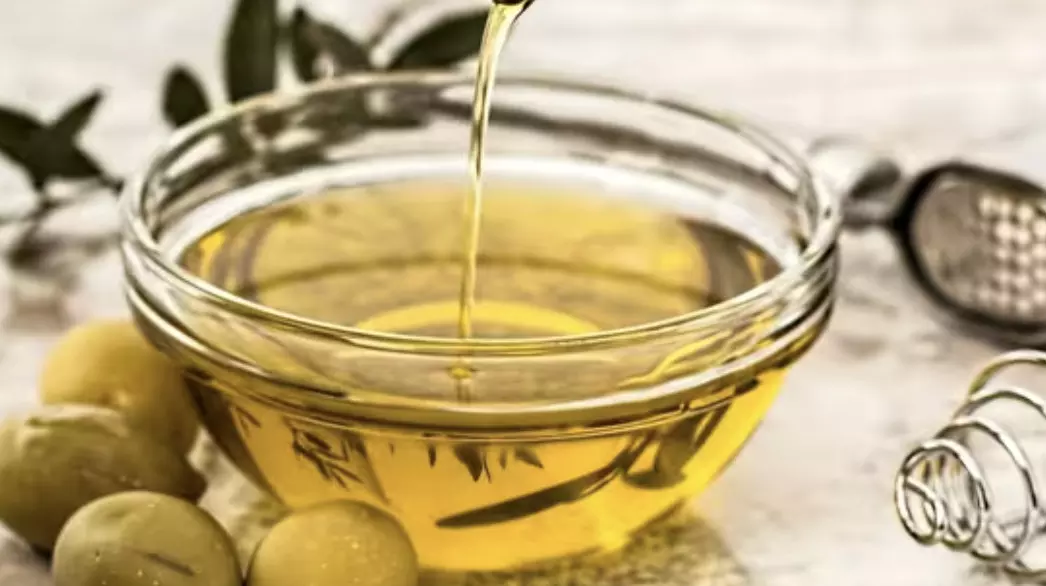Your Olive oil might be unfit for human consumption
Your Olive oil might be unfit for human consumption

Extreme weather events are driving up grocery prices, particularly causing a significant surge in olive oil prices due to droughts in the Mediterranean region. Your rising grocery bill can be seen as a reflection of numerous extreme weather events worldwide, from "sogflation" caused by poor potato harvests in Europe to soaring tomato prices in the Middle East following heatwaves.
The spike in grocery costs illustrates the impact of extreme weather, with olive oil prices notably affected by Mediterranean droughts. This situation has also led to an increase in fraudulent practices, as criminals exploit the high prices to sell misrepresented or adulterated oils.
One of the most striking examples is the sharp increase in olive oil prices over the past year, which has likely not gone unnoticed by middle-class shoppers. This steep rise is linked to severe drought and heatwave conditions in the Mediterranean, likely worsened by the climate crisis, as highlighted by Bloomberg Opinion’s resident olive oil expert, Javier Blas.
However, the climate crisis isn't the only factor reshaping our grocery baskets. The price shock of "liquid gold" is being exploited by criminals, increasing the chances that a bottle labeled as extra virgin olive oil might actually contain lampante, a grade considered unfit for human consumption.
Data obtained by the Guardian through Freedom of Information laws reveals that the European Union recorded a record number of potential olive oil fraud cases at the beginning of the year when prices peaked. The true extent of olive oil-related crime is likely much higher, as the data only includes cases reported to the EU Directorate-General for Health and Food Safety, excluding domestic cases.
Fraudulent activities in the olive oil industry take various forms. High-quality extra virgin olive oil may be mixed with adulterants to extend its volume, or criminals might create blends to make low-grade or cheap oil appear to be of higher quality. In July, Italian police seized 42 metric tons of fake extra virgin olive oil worth almost $1 million, along with 623 liters of chlorophyll, which was being added to lower-quality oil, and 71 tons of a mysterious "oily substance." In January, seed oil mixed with beta-carotene and chlorophyll was passed off as extra virgin olive oil in 50 Rome restaurants.
There have even been instances of "grove robbers" stealing olives or cutting down trees to obtain the valuable fruit. Spanish police recently thwarted the theft of 465 kilograms (1,025 pounds) of olives and discovered fake cargo documents intended to sell the stolen produce with false claims about its origin and traceability.

